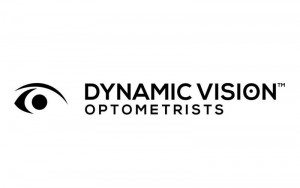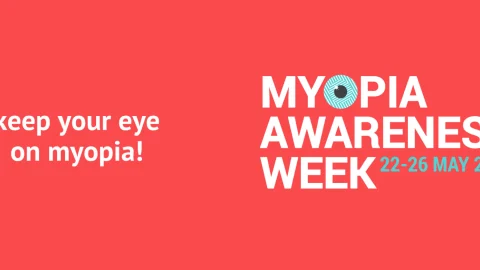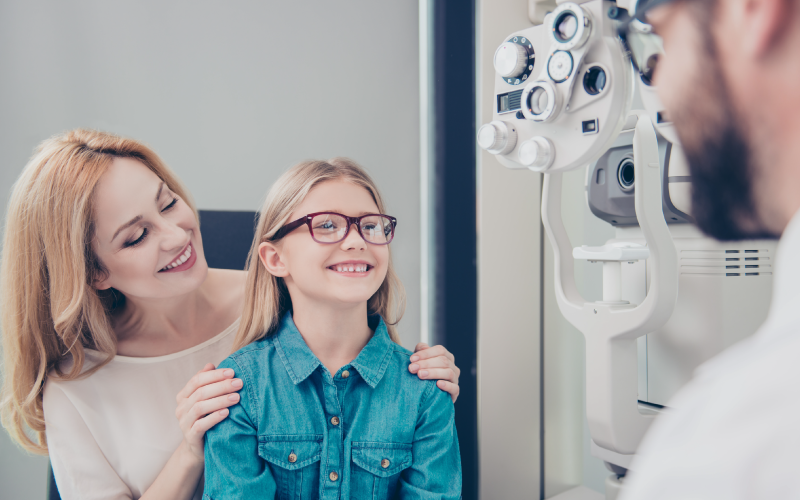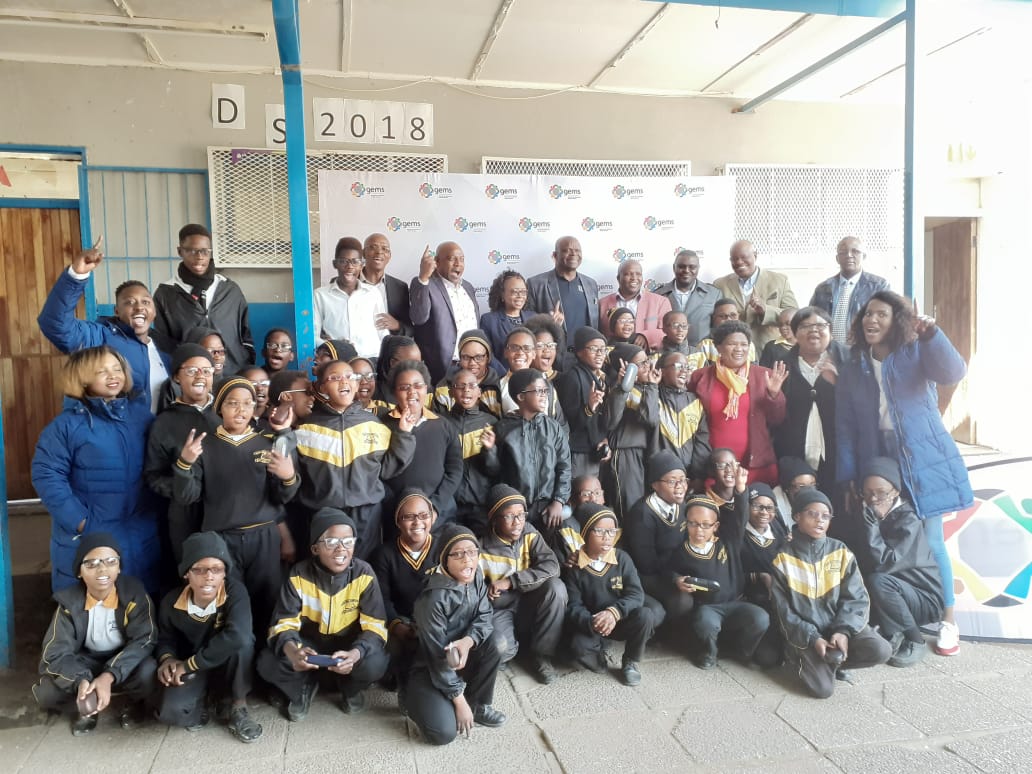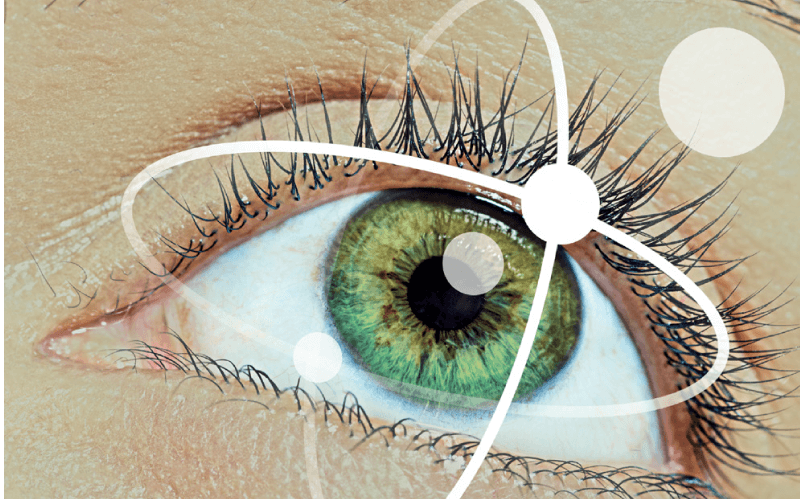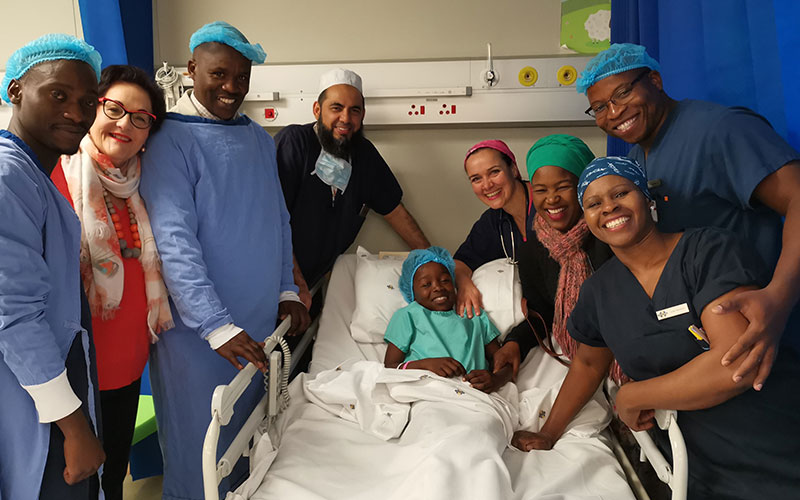Accommodative support lenses can help ward off Myopia in children
Accommodative support lenses for children can compensate for a reduced accommodative response and could help to slow down Myopia progression. By slowing the progression of Myopia, or near sightedness, children can be protected from life altering vision loss that can occur in conditions associated with Myopia later on.
“There are currently no treatments or interventions that can stop the progression of Myopia. However, there are options that can assist in slowing down its progression. Eyeglasses with accommodative support lenses, which help to manage reduced accommodative response, are also a viable option for delaying the onset of Myopia which numerous studies have shown can be related to straining the eye in close-up vision tasks,” says Ruahan Naude, CEO at Dynamic Vision.
According to Naude, accommodative response is the time it takes the eye to react when it changes focus from one distance to another. When a child is said to have reduced accommodative response, it means that their eyes are taking longer than average to adjust to changes in what they are looking at. When this focusing power isn’t what it should be, children may battle with focusing and experience blur. This is particularly noticeable for a child who has been working on a close-up task, such as reading for some time, and then looks up at something in the distance and is unable to focus clearly.
“When children do close-up tasks such as reading, homework and cell phone use, their eyes have to work harder, the focusing muscles become strained and tired. Several trusted lens manufacturers have developed specialized, accommodative support lenses specifically for children. These can help to relax the eye muscles and reduce how hard they work when the child is working on close-up tasks and help to normalize accommodative response time. For children, this can dramatically improve their ability to focus and concentrate on their school work,” says Naude, adding that blue control coating can be added to the lenses to protect children’s developing eyes against blue light emitted from tablets, mobile phones and other devices as well.
Possible symptoms of reduced accommodative response could include blurred vision, fatigue, headaches, motion sickness, double vision, and lack of concentration. These signs usually become apparent in school aged children who experience problems focusing on tasks such as reading, writing, or copying from the blackboard.
“If your child complains about not being able to focus from a page on his desk and then on the blackboard, or you notice any signs that your child might be struggling to see clearly, it is a good idea to get the eyes checked out as soon as possible by an optometrist. An eye exam will help to identify if your child has any problems such as accommodative deficiency, or underlying Myopia.
Identifying problems and treating them early, can delay progression,” advises Naude.
As many eye and vision problems do not always have obvious signs or symptoms, and because children may not be able to articulate that they are battling with their vision, periodic eye and vision examinations are important. Early diagnosis and treatment of eye and vision problems can help prevent vision loss. Eye exams by a qualified optometrist should be conducted in children at six months of age, again at three years old, and before they start primary school. From primary school onwards, eye exams should be conducted every two years.
Issued on behalf of Dynamic Vision by Echo Square PR. For more information please call Vickie Slabbert on 082 411 7602 or e-mail vickie@echosquare.co.za
